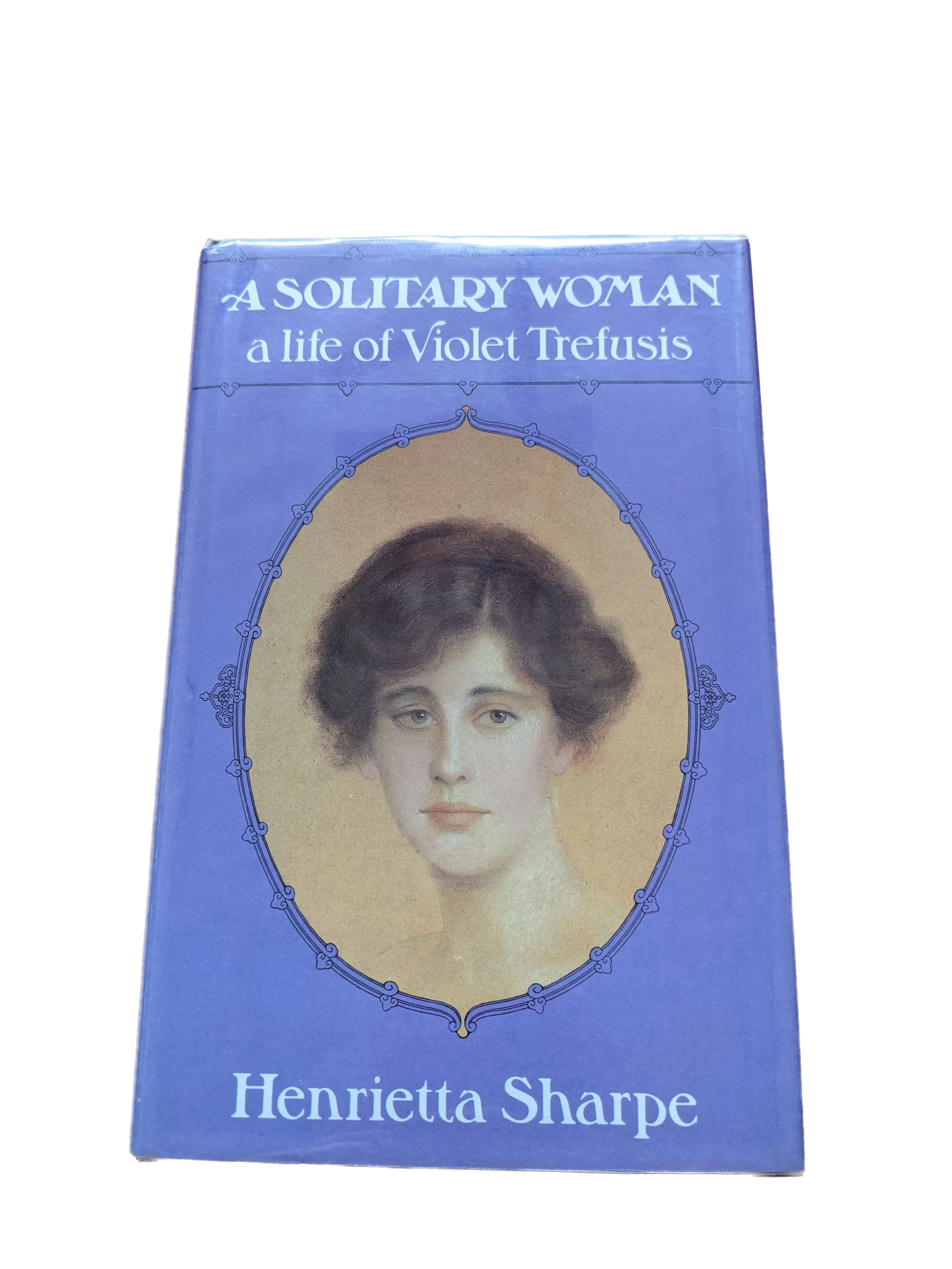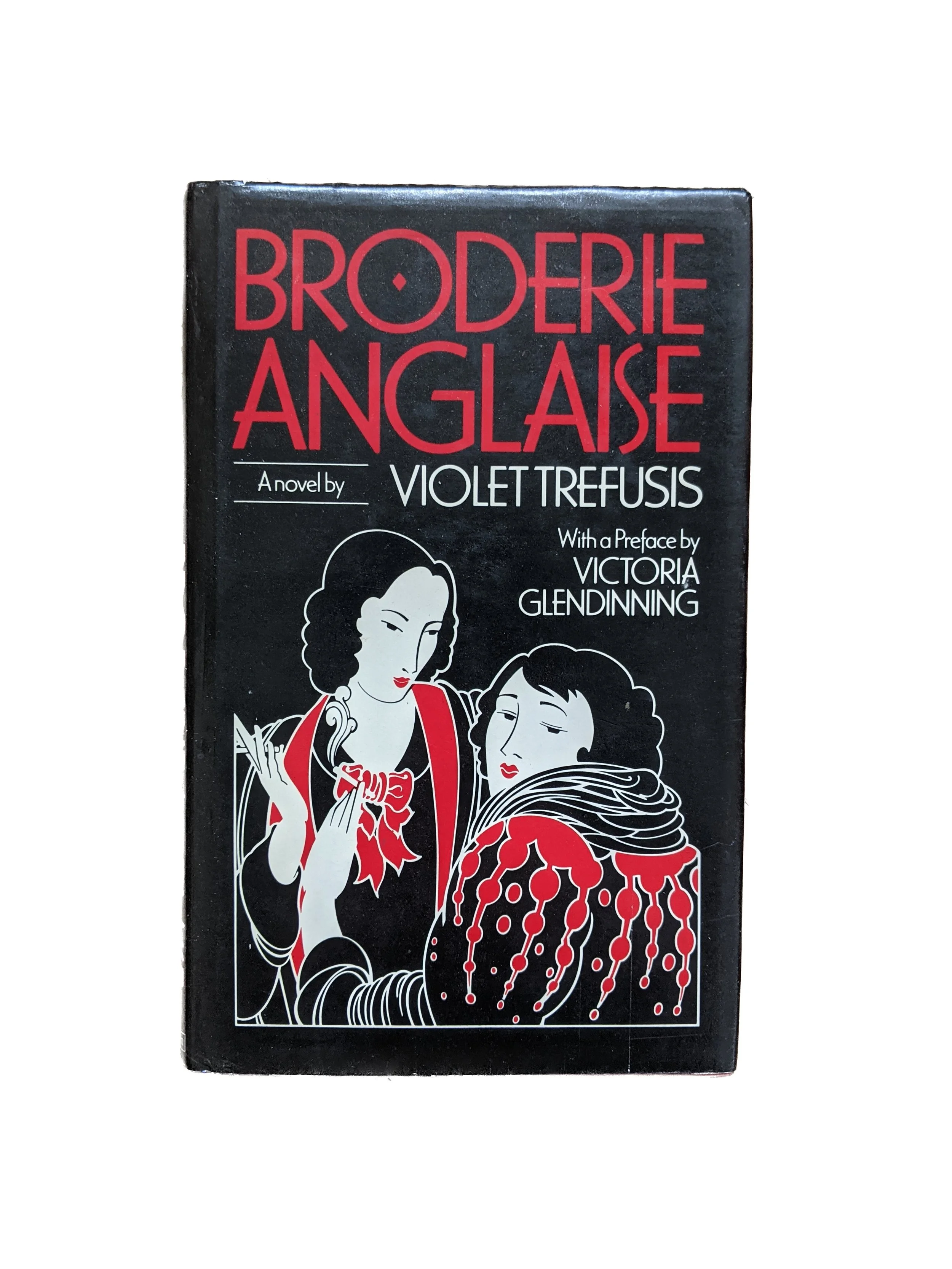Nursery Rhymes [Limited Edition] by V. Sackville-West [Vita Sackville-West]


Nursery Rhymes [Limited Edition] by V. Sackville-West [Vita Sackville-West]
London: The Dropmore Press, 1947.
Large 8vo., blue cloth embossed with device in gilt to upper board; lettered in gilt to backstrip with rules in blind to head and foot; with decorative gilt turn-ins; title page in pink and black; with pink initial letter to p. [vii]; in both the original wrapper, duplicating the cover design and printed in blue on textured paper; and in the card slipcase (as often, missing the backstrip); outer edges untrimmed; pp. [vii], 2-66, [iv]; a lovely, clean copy; lightly compressed to spine ends; previous evidence of owner’s inscriptions removed from ffep; the jacket clean and bright, slightly darkened and creased to folds and spine with a couple of small spots to lower panel and some nicking and chipping to spine tips; the slipcase lightly browned, spotted, and bumped at corners, has done an excellent job of preserving the book and jacket beneath.
First, limited edition, number 68 of 550 copies printed. The fourth book in a series entitled the ‘Dropmore Essays’, printed by hand press on paper handmade by Portals of Whitechurch and bound by Evans of Croydon. The book is dedicated to ‘Anna’ (Macmillan), the author’s secretary and lover.
A humorous essays on the origins and nature of nursery rhymes, in which the author argues for the historical and contextual importance of childhood verses. “Coleridge had a proper appreciation of the preposterous, astounding, yet entirely acceptable propositions which go to make up the thaumaturgy of the nursery” she begins. “No one lacking that appreciation is advised to read any further in this essay.” Over the course of some 66 pages, Sackville-West delves into antiquarian explanations concerning the origins of nursery rhymes, sometimes poking fun at their supposed significance.
As one review puts it, "Miss Sackville-West's inquiry is often conjectural but always entertaining, and she knows the magic that sometimes brings the nonsense of the nursery song near to pure poetry". (Manchester Guardian, 28 October 1947).
A lovely copy of an increasingly scarce work, later published in a trade edition with illustrations by Philippe Jullian.

![Virginia Woolf: A Biography Vol. 1 by Quentin Bell [Owned by Paula Rego]](https://images.squarespace-cdn.com/content/v1/5e7541426a90d340b980ae06/0ab54dc3-3f6b-420c-bbf9-00485ac349a6/rego.jpeg)


![Saint Joan of Arc by V. Sackville-West [Vita Sackville-West]](https://images.squarespace-cdn.com/content/v1/5e7541426a90d340b980ae06/d5019c05-bce6-4e37-bfb3-6fd789cf7a0b/joan.jpeg)
